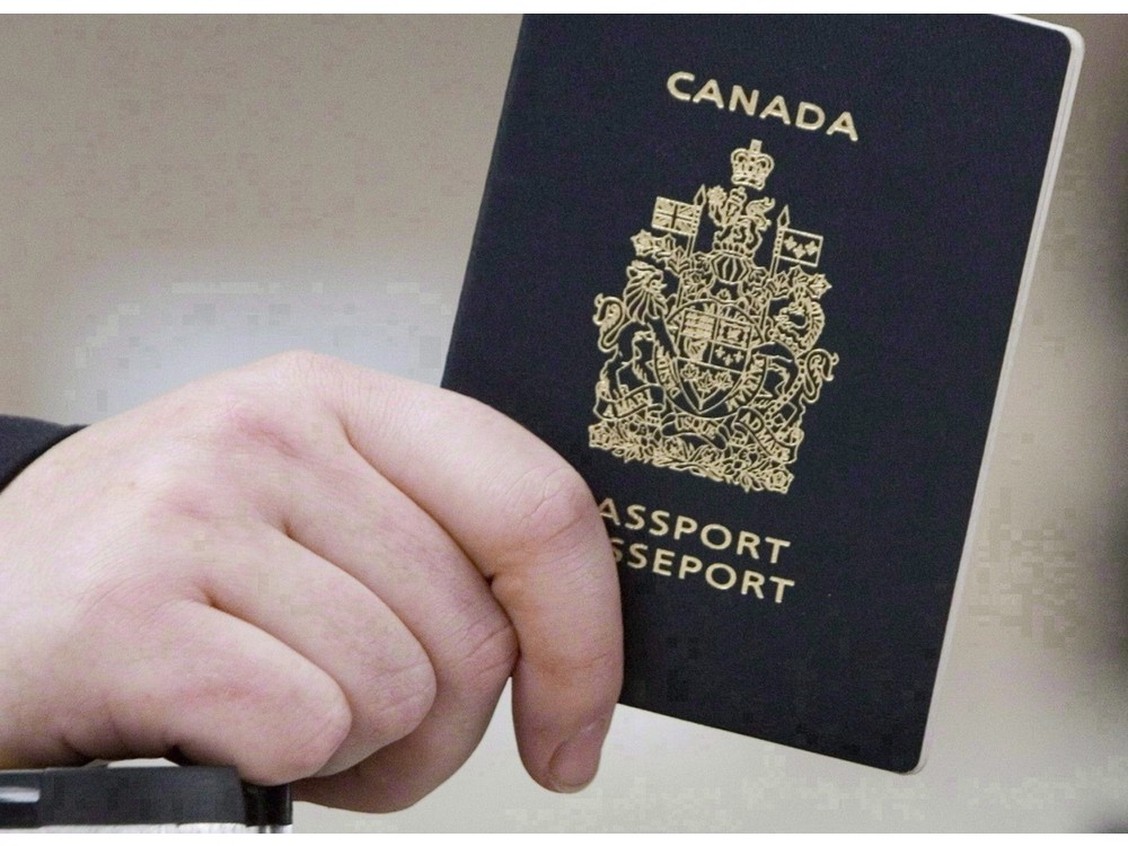Canadian Justice ... Justifying Passport Holder's Criminal Intent
"The applicant has established that a material component of the decision lacks intelligibility and is therefore unreasonable.""The applicant states that he was unable to report the theft of the first passport until October 13, 2021, because the Beirut Embassy was closed on October 10 and 11, and on October 12, he was assigned an appointment at the Beirut Embassy for October 13."Justice Richard F. Southcott"The Passport Entitlement and Investigations Division (PEID) found there were] reasonable grounds [to believe Hatoum let his relative use his Canadian passport to enter Canada].""[It] also found the applicant provided false or misleading information when applying for a second passport.""After reviewing the entry and exit stamps in both [passports] there were discrepancies in the storyline of [Hatoum's] travel history and the context relating to how and where [Hatoum's first Canadian passport] was lost or stolen.""[Hatoum argued] the stamps in the passports do not demonstrate any discrepancies in his narrative as to his travels and the theft of the first passport. He suggests that the PEID confused stamps in the first passport related to his entry into and exit from Lebanon in October 2020 with other stamps related to such entry and exit in October 2021 ... and therefore developed concern that the period of time the applicant was in Lebanon did not match his narrative.""[There] is nothing in the record to indicate that [it] was mistakenly relying on the October 2020 stamps as [Hatoum] suggests."Passport Entitlement and Investigations Division"My passport and other needed documents were in a small bag that was stolen from me while I was asleep.""I came from Syria to go to Beirut airport. I visited a rental place in Balsour in Lebanon on the way to relax before my flight to Canada as I was so early and so tired.""I woke up to the [disappearance] of the host and my bag ... I searched everywhere."Syrian-Canadian citizen Aiman Hatoum
 |
According
to Justice Richard F. Southcott, Canadian immigration authorities were
not reasonable in refusing service for a five-year period to a
Syrian-Canadian whom they believed allowed his relative use of his
passport to enter Canada, according to a recent Federal Court ruling out
of Toronto. Dual citizenship holder (Canada and Syria), Aiman Hatoum --
whose passports the Passport Entitlement and Investigations Division of
Immigration, Refugees and Citizenship Canada revoked, refusing passport
services to Aiman Hatoum for a five-year period -- decided to take the
Attorney General of Canada to court.
Mr.
Hatoum had been issued a Canadian passport originally in November of
2015. In October of 2021 he applied for a second passport at the
Canadian embassy in Beirut, Lebanon, when he reported that his original
passport had been stolen from him. He explained his attempt to "get
hold" of his host at whose establishment he had been staying, and at the
same time found the Canadian Embassy was closed, so he resorted to
sending an email requesting guidance.
During
the hearing, Justice Southcott made note of the fact that Hatoum in his
missing passport declaration, included the first name of his host, at
whose place his passport had been taken, without identifying his host as
a relative. Another, second passport was issued to Mr. Hatoum on
October 25, 2021 at the Canadian Embassy in Beirut. It was only later
that officials with the PEID discovered that Lebanese authorities had
detained Hatoum for "investigative
purposes after receiving information that the relative had used the
first passport to travel to Canada on October 10, 2022".
As
it happened, that relative after making use of Hatoum's passport to
enter Canada, submitted a refugee claim in Canada on November 23, 2021 "declaring
[Hatoum] as his representative and relative, and identifying his
residential information and telephone number to be the same as that of
[Hatoum]". Hatoum, when the PEID began investigating "asserted
that the relative had stolen the first passport and used it to enter
Canada without [his] knowledge. The relative has corroborated this
assertion".
All of this led Canadian officials to believe they had "reasonable
grounds to believe [Hatoum} permitted the relative to use the first
passport to enter Canada without authorization. The PEID also found
[Hatoum] provided false and misleading information when applying for the
second passport", which led to the revocation of both
passports and cut off any further opportunities for Mr. Hatoum to press
for the return of his passports for a five-year period. The PEID
pointed out that Mr. Hatoum failed to report his stolen passport until
his relative entered Canada with it.
Justice Southcott avowed his "difficulty interpreting the decision" relating to the passport stamps. "The
decision identified neither the particular stamps to which it is
referring nor the resulting discrepancies in the applicant's narrative
that were of concern." While accepting the PEID's
logic that Hatoum failed to mention his passport missing, taken by a
relative, indicated he was lying ... "However, it is not apparent from the decision that this logic forms part of the PEID's reasoning."
The man's case was sent back "to a differently constituted panel of the Passport Entitlement and Investigations Division for redetermination".
So ends the saga of Canadian courts once again failing the standards of
reasonable conclusions leading to citizens of refugee entitlement
manipulating Canadian law and immigration standards to suit their own
personal agendas, thus betraying and spurning Canadian law and
cultural/social values.
Labels: 'Stolen' Passport, Criminal Intent, Criminal Justice Perverted, Passport Revocation, Syrian-Canadian Citizen

<< Home